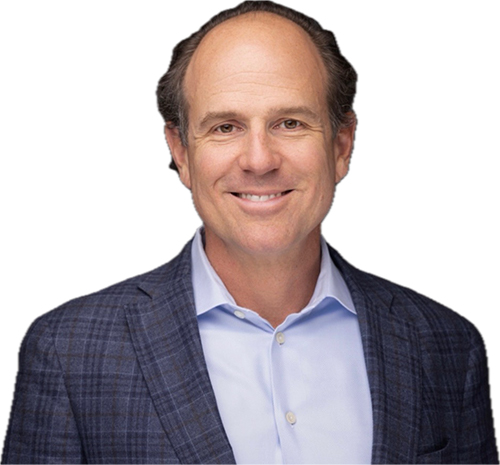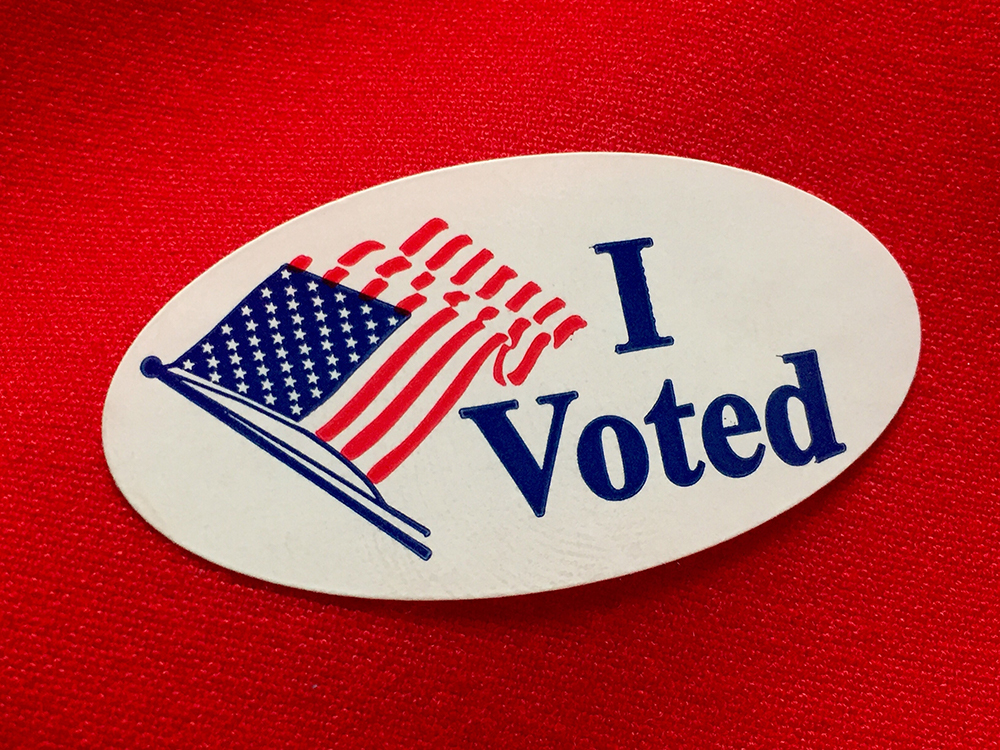“Even if you pass away, it’s worth it.” That was Donald Trump this past weekend, advising his supporters to brave life-challenging cold and weather elements to cast votes for him in last Monday night’s Iowa presidential-preference caucuses.
That was pure déjà vu. I was on hand for the equally wintry New Hampshire primary in 2016 when Trump, arriving at his final Manchester venue amid blizzard-like conditions, told the crowd to turn up and vote for him on the morrow even if they faced real danger in the process. “I don’t care if you crash your car, so long as you vote for me first,” he told them.
And he wasn’t joking either time. What a pal!
(That Manchester speech was also the one where Trump publicly approved a woman attendee’s description of his rival Ted Cruz as a “pussy.”)
There is, in fact, something existentially challenging about these dead-of-winter presidential showdowns, as there was in the famous Green Bay-Dallas “ice bowl” game in 1966, played in minus-13-degree weather for the NFL championship that last pre-Super Bowl year.
To be sure, both Iowa and New Hampshire are predominantly white states with traditionalist populations. Doing well with such voters is another basic challenge candidates should manage as a preview of their national viability.
I hold to what may be a minority view that Democrats have erred in backing away from Iowa and New Hampshire as early tests in presidential balloting, preferring the demographic diversity of South Carolina as a more Democrat-friendly kickoff site. This ignores that Jimmy Carter’s 1976 win in Iowa and Barack Obama’s there in 2008 convincingly prefigured their later successes with the national electorate.
It is surely the purpose of a mirror to tell you the truth when you look at it, not to contain an idealized pre-prepared portrait of yourself.

• Meanwhile, Memphis city government prepares for follow-up rounds after a reorganization session at city council last week raised more questions than it answered.
One matter is whether the council, at its meeting next week, will complete the acceptance of Mayor Paul Young’s cabinet appointments, particularly that of holdover Police Chief CJ Davis, who was on the wrong side of a 7-6 preliminary vote at the council’s first meeting of the year last week.
Another issue, coming before the city council in February, is what to do regarding a third and enabling vote for a proposal to extend lifetime healthcare benefits to anyone who will have served at least two terms on the council after 2015.
Outgoing Councilman Martavius Jones introduced the proposal in the late stages of the previous council term, and it was approved in two of three required readings before that term expired.
It is up to the newly installed city council to vote up or down in a third reading of the proposal next month, and momentum against the measure is increasing, augmented by reminders from former council members like Shea Flinn and Kemp Conrad of the state comptroller’s crackdown on city benefits during the administration of former Mayor AC Wharton, resulting in a rollback of city employees’ benefits. (These were later substantially restored to first responders after voter approval of a sales-tax hike.)
“If we don’t learn the lessons of the past, we’ll be risking financial instability and state intervention again,” says Conrad.
